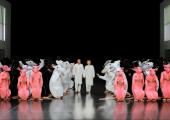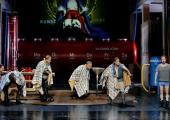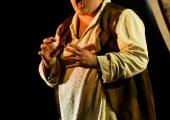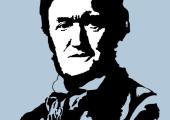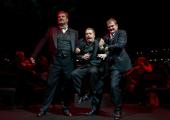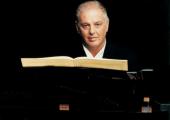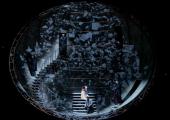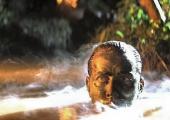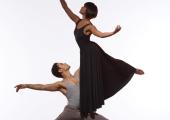BBC Proms: Douglas, BBC Symphony Orchestra, Dausgaard
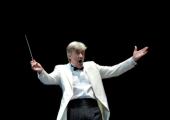
Familiar Brahms and Wagner sound fresh; quirky Liszt and Kevin Volans get stuck
Having been away in remote mountain places, I hadn't heard that the BBCSO's chief conductor Jiří Bělohlávek was taking a month off to recover from a virus. So it was a bracing last-minute shock to find the man stepping up to the podium to conduct Wagner's Meistersinger Prelude not the orchestra's wise Hans Sachs but a Walther von Stolzing in conducting terms, tipped unexpectedly by one source outside the BBC as Bělohlávek's successor. Lean and hungry Dane Thomas Dausgaard masterminded the most brilliantly co-ordinated Prom I heard last year, and he excelled again last night. As the programme's central cabinet of curiosities did not.

